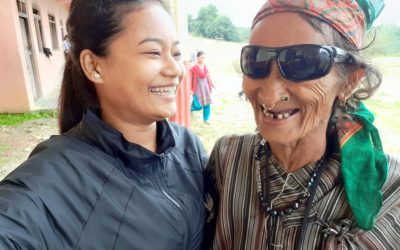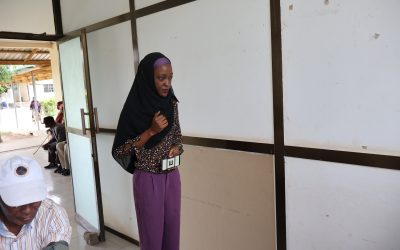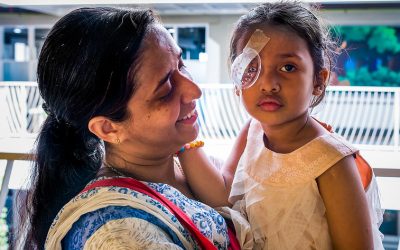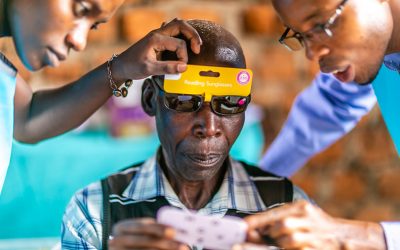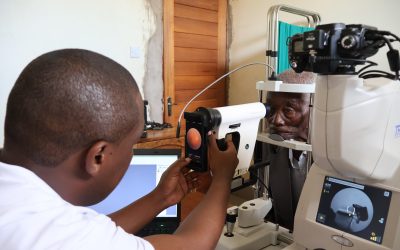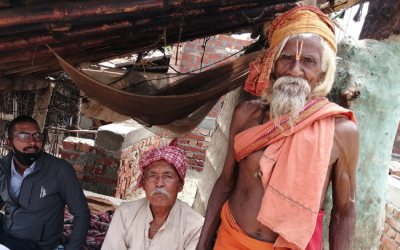Iceh News
Prevalence and causes of blindness and vision impairment of people 50 years and older in Nepal
© Rajan Shrestha The Rapid Assessment of Avoidable Blindness (RAAB) is the major contributor to national and international estimates of magnitude and causes of vision impairment and avoidable blindness. A recent RAAB survey conducted in Nepal has outlined the...
Latest grants received by ICEH announced
Image credit: Hugh Bassett The International Centre for Eye Health is the grateful recipient of several new research grants in 2025: A $4.8m grant from Givewell, the Founder's pledge and Livelihood Impact Fund for a clinical trial which will provide near-vision...
ICEH receives £4m funding to improve Child Eye Health
Ashura Hemed knew soon after her son, Shadrack, was born that there was something wrong with his eyes. They looked larger, were watery and he hardly opened them. Ashura visited her local reproductive and child health clinic five times over three months. Not knowing...
Underserved groups could be better considered within population-based eye health surveys
Health inequalities exist where people receive different levels of health care to others, resulting in outcomes like reduced life expectancy and quality of life. These inequalities exist within eye health, and research has shown that there are population groups...
Children with extraocular retinoblastoma more likely to die than those without
Retinoblastoma (Rb) is the most common eye cancer in children globally. The disease develops from the back of the eye, and if left untreated, a tumour can develop out of the eye and lead to blindness, metastasis (cancer elsewhere in the body) and death. When a child...
New clinical trial for reading glasses launches
The International Centre for Eye Health (ICEH) at the London School of Hygiene & Tropical Medicine are excited to announce a new grant from Givewell and the Livelihood Impact Fund (LIF), which will fund new work on refractive error and health economics. Globally,...
Focus on: AI in Eye Care
Artificial intelligence (AI) holds transformative potential for health, particularly in eye care where it has demonstrated significant promise. The diagnosis and screening of eye conditions frequently relies on image-based analysis, and recent studies suggest that AI...
Traditional Healers in Nepal May Be Able to Contribute to Microbial Keratitis Care
Microbial keratitis (MK), also known as corneal ulcer, is an infection of the cornea (the clear part of the front of the eye) that can lead to permanently reduced vision, blindness or even removal of the eye. Around one million people a year will develop a fungal...
Saving Children’s Sight: The Child Eye Health Project
Currently, many child healthcare programmes globally do not include eye screening, and health workers are not trained in how to detect eye conditions. This leads to millions of children with eye conditions being missed and unable to access the care they need. In fact,...

